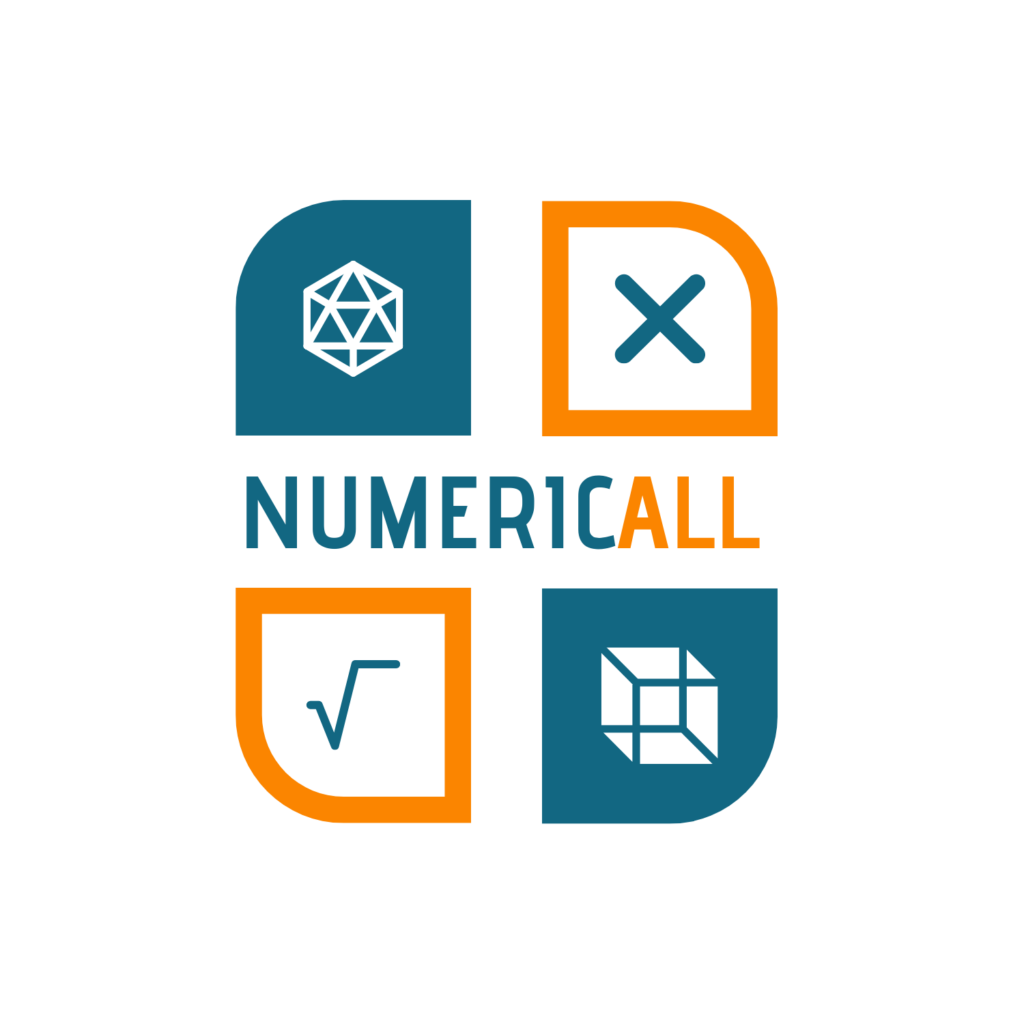The assumption that some brains are pre-programmed to be good at mathematics, while others are not, has long been shared by students, teachers and parents all over the world, persuading those who struggled with maths in school that there would never be anything they could do to improve themselves. However, it is a wrong assumption as being good at maths does not really depend on a natural predisposition (except in the case of dyscalculia and Specific Learning Disorders). It is simply a matter of education and being taught the proper skills with the proper tools. Believing in the myth of the “math brain” only leads to discouraging many people from being interested in mathematics and eventually choosing a career in the STEM field. It can also lead to an increase in the rate of “math anxiety” among the population.
“Math anxiety” is defined as the negative affective reaction occurring in situations that involve numerical and mathematical activities, which can be more or less severe. Its causes are not univocal, but studies show that it might be linked to generalised anxiety, as well as test anxiety (i.e. fear associated with taking a test).[1] According to OECD data from 2012, 30% of students were affected by math anxiety, and the number was on the rise in many countries.[2] Needless to say, math anxiety does not always disappear when children become adults…
Although it is not clear where exactly it comes from, we can nevertheless assume that it is fuelled by the social pressure surrounding mathematics and, in the case of women, by gender stereotypes. It appears, indeed, that math anxiety might be more prevalent in women than in men.[3] While some studies have shown that the difference in maths performance between women and men cannot be explained by gender differences[4], other studies have found that women’s maths performances are disturbed by the stereotype that women do not have a “math brain”[5]. This, of course, contributes to why women are less represented in STEM careers. This lack of women in STEM ultimately leads to a poorer scientific paradigm, and deprives it of a greater inclusivity and attention to social needs.

Picture from Pikwizard
People who suffer from math anxiety are also at risk of lacking basic numeracy skills, as being numerate requires having some knowledge of mathematics in order to organise our lives as individuals and citizens. If we are not confident in our mathematical abilities, we will not be properly able to make effective decisions in many situations in life. Anxiety might as well prevent low-skilled adults from trying to get further education, as they might not have the best memories from their school experience.
But then, how do we get rid of math anxiety? And how do we eventually get rid of the myth of the “math brain”? First, maths needs to be made meaningful and intuitive again. We have long been unable to understand what it is meant to communicate because we have been studying maths in a dehumanised manner so that we have no idea how it can be useful in our everyday life. Therefore, maths needs to be put in a new light with the help of non-formal methodologies. Trying new fun ways of learning will boost the confidence of children who struggle with maths, as well as low-skilled adults, thus proving that anyone can achieve a good level of maths. However, the goal is not to make maths experts out of them but to teach them life-long numeracy skills. This is the mission of the Numeric[All] project.
[1] Hart, S. A., & Ganley, C. M. (2019). The Nature of Math Anxiety in Adults: Prevalence and Correlates. Journal of numerical cognition, 5(2), 122–139. https://doi.org/10.5964/jnc.v5i2.195
[2] OCDE (2013), « Mathematics Self-Beliefs and Participation in Mathematics-Related Activities », dans PISA 2012 Results: Ready to Learn (Volume III) : Students’ Engagement, Drive and Self-Beliefs, Éditions OCDE, Paris, https://doi.org/10.1787/9789264201170-8-en
[3] Hart, S. A., & Ganley, C. M. (2019). The Nature of Math Anxiety in Adults: Prevalence and Correlates. Journal of numerical cognition, 5(2), 122–139. https://doi.org/10.5964/jnc.v5i2.195
[4] Hyde, J. S., Lindberg, S. M., Linn, M. C., Ellis, A. B., & Williams, C. C. (2008). Gender similarities characterize math performance. Science, 321(5888), 494-495.
[5] Spencer, S.J.; Steele, C.M.; Quinn, D.M. Stereotype Threat and Women’s Math Performance. J. Exp. Soc. Psychol. 1999, 28, 4–28.





